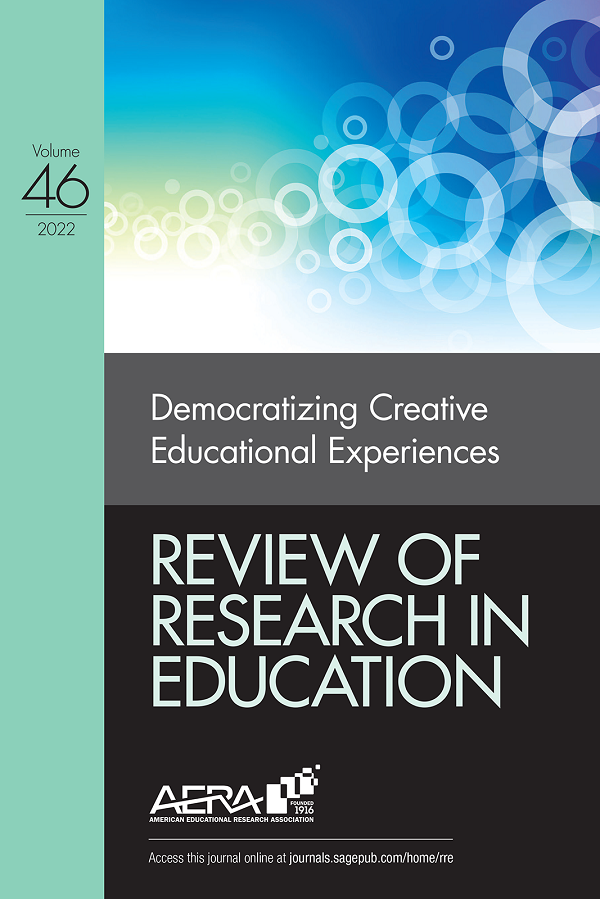教育研究中的可复制性分析
IF 2.4
1区 教育学
Q1 EDUCATION & EDUCATIONAL RESEARCH
引用次数: 1
摘要
可重复分析是指一个独立实体使用相同的数据和统计代码,获得与前一分析师完全相同的结果。可复制分析利用基于脚本的分析和开放数据来帮助分析的复制。如果获得了另一个数据样本(通常称为可复制性),则可复制的分析不能确保获得相同的结果。讨论了研究的复制和复制,以及创建可复制分析工作流程的巨大好处。提出了一种工具来帮助评估研究,以描述研究中的哪个元素具有强大的可重复工作流程和可以改进的领域。该工具旨在作为一种讨论工具,而不是对无法共享数据或统计代码的研究进行排名或贬低。最后,讨论了定性研究的再现性,以及采用再现性分析框架的独特挑战。本文章由计算机程序翻译,如有差异,请以英文原文为准。
Reproducible Analyses in Education Research
A reproducible analysis is one in which an independent entity, using the same data and the same statistical code, would obtain the exact same result as the previous analyst. Reproducible analyses utilize script-based analyses and open data to aid in the reproduction of the analysis. A reproducible analysis does not ensure the same results are obtained if another sample of data is obtained, often referred to as replicability. Reproduction and replication of studies are discussed as well as the overwhelming benefits of creating a reproducible analysis workflow. A tool is proposed to aid in the evaluation of studies to describe which element in a study has a strong reproducible workflow and areas that could be improved. This tool is meant to serve as a discussion tool, not to rank studies or devalue studies that are unable to share data or statistical code. Finally, discussion surrounding reproducibility for qualitative studies are discussed along with unique challenges for adopting a reproducible analysis framework.
求助全文
通过发布文献求助,成功后即可免费获取论文全文。
去求助
来源期刊

Review of Research in Education
EDUCATION & EDUCATIONAL RESEARCH-
CiteScore
15.70
自引率
0.00%
发文量
14
期刊介绍:
Review of Research in Education (RRE), published annually since 1973 (approximately 416 pp./volume year), provides an overview and descriptive analysis of selected topics of relevant research literature through critical and synthesizing essays. Articles are usually solicited for specific RRE issues. There may also be calls for papers. RRE promotes discussion and controversy about research problems in addition to pulling together and summarizing the work in a field.
 求助内容:
求助内容: 应助结果提醒方式:
应助结果提醒方式:


